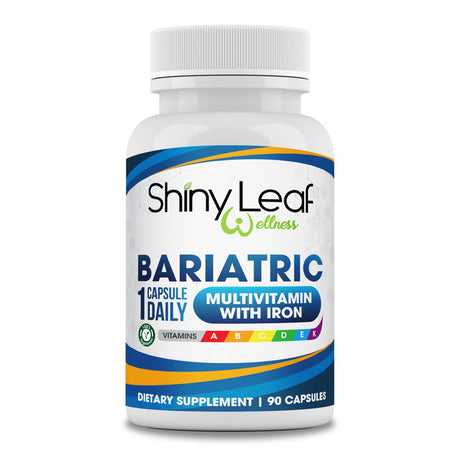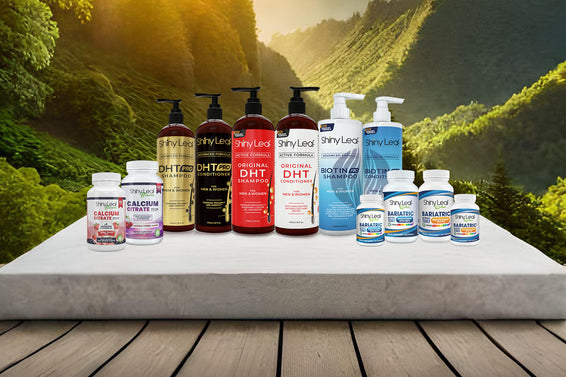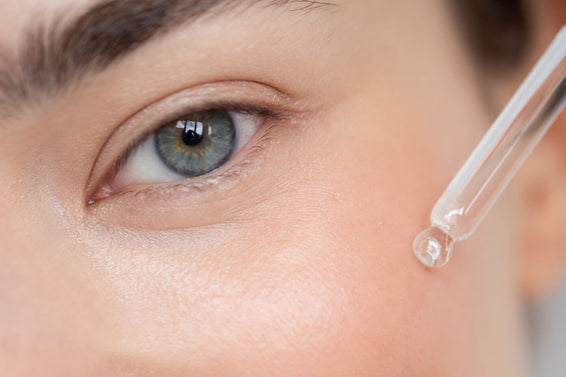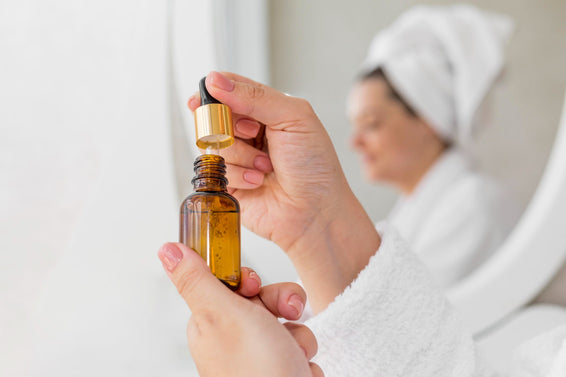Acne
A younger you may have smooth and soft skin, but getting older means facing more skin concerns. Your skin shows how healthy you are. When you have a clear and blemish-free skin, it shows how well you’re taking care of yourself. It makes you feel more confident and beautiful. However, acne can easily mar your skin. Find out how acne happens with this guide to skin care concerns.
Acne is a common issue that affects 3 out of 4 teenagers and adults. It can affect anyone as early as before puberty. It is a long-term skin concern that can start from 11 years of age and last even until your 40s. Don’t worry though, there are ways to control and reduce the appearance of acne. Learn about the various ways you can treat and prevent acne from happening!
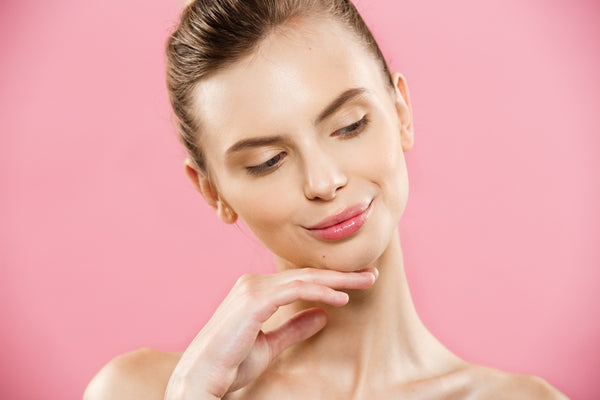
What Is Acne
Acne is a long-term skin problem characterized by a red and inflamed skin. It can be painful and cause acne marks if left untreated. Acne can still affect anyone even after puberty. Your genes are the most reason for having acne, but there are other factors that can trigger its development. There are various types of acne and different levels of severity. They are classified into two:
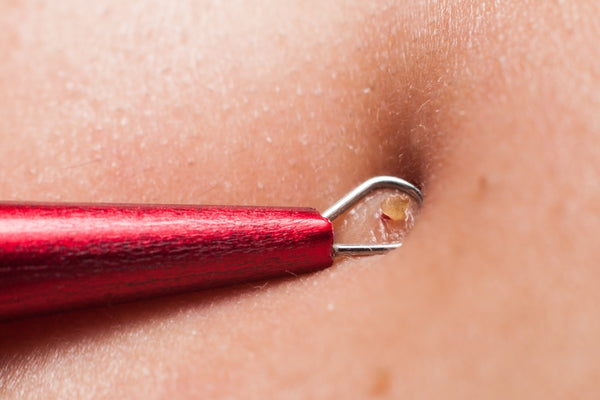
Non-Inflammatory Acne
Non-inflammatory acne does not cause swelling. Blackheads and whiteheads are examples of non-inflammatory acne. They are impurities that clog the pores. Dead skin cells and excess oil can block the pores and may appear as black or white dots on the surface of the skin. There are small bumps that will appear on the skin as well. You can treat them with treatment products or topical medications.
Inflammatory Acne
Inflammatory acne spells trouble for they are painful and very noticeable. They happen when bacteria along with excess oil and dead skin cells block the pores. This causes an infection, which is the main reason for the swelling of the skin. The skin will look red and feel painful. Cystic acne is one of the worst types of acne where the skin is largely inflamed and cysts develop under the surface of the skin.
For inflammatory acne, consult doctors on how you can best treat it. There are oral and topical medications you can take to reduce the appearance of acne. Sensitive skin is prone to acne due to heightened sensitivity. Find out how to take care of sensitive skin and prevent acne with this skin type here.
Understanding How Acne Happens
Acne can range from simple whiteheads to cystic acne. The skin produces its natural oil that provides the moisture it needs. However, the oil can build up on the surface of your skin including dead skin cells and bacteria or fungi. These impurities clog the pores and cause acne. The commonly affected areas of your body will be your face, back, chest, and shoulders. Find out the various factors that cause acne so you can determine the best way to treat it.
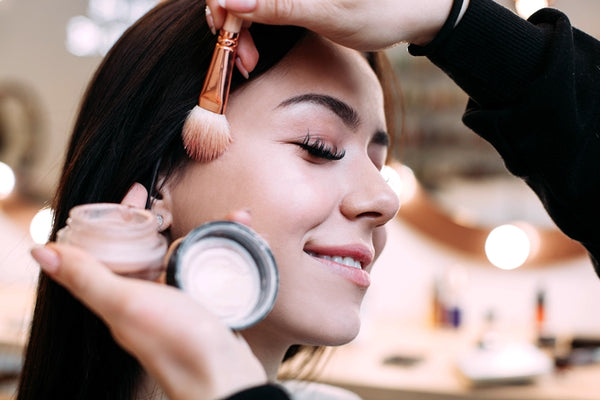
Causes of Acne
Acne is most common among teenagers due to puberty. However, it can still occur when you’re an adult. Here are the most common factors that can trigger the development of acne:
- Genetics - If your family has a history of acne-prone skin, then you should expect to experience acne if you don’t already have one. You can prevent acne from happening if you start early with the right skin care routine.
- Hormones - Hormones are large factors that affect the development of acne. During puberty, your body experiences hormonal changes such as excessive oil production. Androgen is a sex hormone that makes your pores grow larger too. This leads to blocked pores and acne. Hormonal imbalance can affect adults and make your skin vulnerable to acne.
- Harmful Cosmetics - Using makeup is a temporary solution that can cover up your acne. However, using harmful cosmetics can make your skin condition worse. The chemicals or toxic ingredients in makeup can clog the pores and contribute to acne.
- Unbalanced Diet - Refined sugar, unhealthy fat, salty food, coffee – all these are types of food that can trigger overproduction of sebum. Unhealthy food can make skin dehydrated, leading to loss of moisture and volume. This makes skin prone to acne and infections.
- Stress - When you’re stressed, the hormones in your body cause excessive oil production, which is a major factor of acne. There are small changes you can do to feel less stressed. Try to practice a healthy lifestyle with easy changes that can help improve your overall wellness. These small changes are good for your skin too. Visit the blog to learn more.
Effects of Acne
You spend a lot of money to get rid of acne because of the effects that of the effects that it has. It leaves a mark not only on your skin but on your confidence as well. Acne is a serious skin concern that can cause these problems:
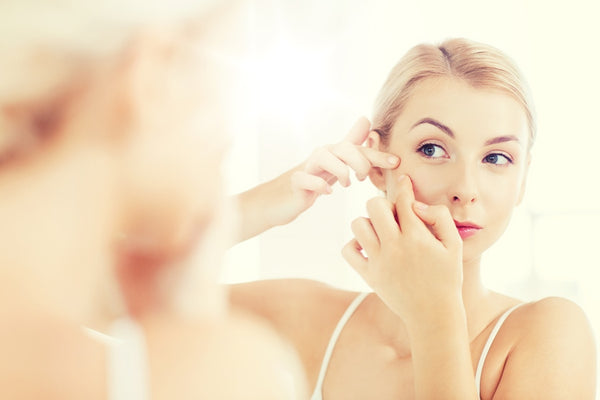
Physical
- Scars – Infected acne leaves scars and hollow pockets on the surface of the skin. They can only be removed through surgery. Picking or squeezing acne can cause infection and make it worse.
- Dark Spots – Pigmentation is a mark that acne leaves on the skin. They show up as dark spots after acne has healed.
Emotional/Mental
- Low Self-Esteem – Acne first affects your confidence. It is seen as a serious skin disease and can damage your self-image. It can affect social behaviors as well, making you shy away from friends and even family.
- Anxiety and Depression – Studies say that 90% of people who have acne experience anxiety and depression due to this skin condition. It does not only lower self-esteem. It can hamper social activities as well. If you are inclined to stay indoors instead of going out, don’t lose hope! There are ways you can control acne to make you look and feel great again.
How to Control and Treat Acne
For skin concerns such as acne, it can’t be cured, but there are treatments that can get rid of it. You can prevent acne from happening and if it shows up on your skin one morning, you can treat it effectively. Here are the various ways you can control and reduce the appearance of acne:
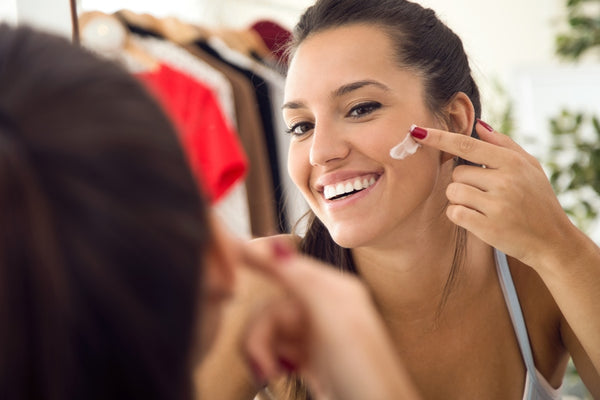
Medication
Medications treat acne effectively. Topical medications are normally used to treat acne, but there are oral medicines you can use too. You apply the formula directly to the skin to soothe any inflammation and to prevent scarring. However, it is not always the best options since there are chemicals and harsh ingredients that can damage your skin. Acne prone skin is sensitive, which means that it is easy to irritate. You might find these medications helpful for a certain time, but remember that they may not be good for long-term treatment.
Topical medications contain ingredients that mostly have anti-inflammatory and antibacterial properties. Here are some of the most common ingredients in acne medications:
- Benzoyl peroxide fights bacteria that clog the pores. It prevents blockage and can help protect skin from inflammation and infection. However, it can have side effects such as dryness, peeling, or a burning sensation. When using a product with benzoyl peroxide, it’s best to start with a 2.5% concentration.
- Salicylic acid is an active ingredient that kills bacteria to prevent them from clogging the pores. It gets rid of the excess oil and dead skin cells trapped in pores too. It causes dryness and redness on the skin. If you are using a product with this ingredient, limit it to 0.5% to 3% concentration.
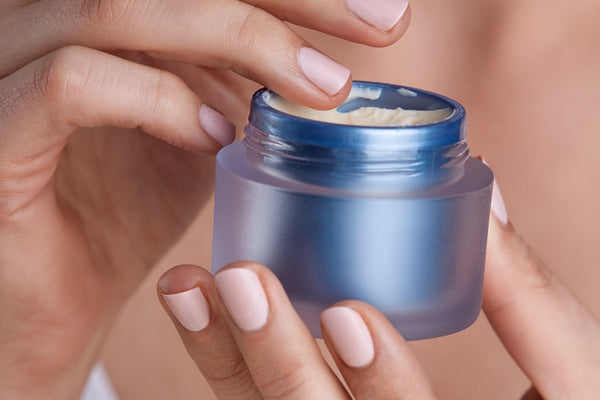
Treatment Products
If you have acne-prone skin, use suitable skin care products. Acne solutions formulas help prevent and soothe acne to give you clearer skin. Most cleansers for your skin type are gentle and contain salicylic acid or benzoyl peroxide. Moisturizers are light and absorb quickly to prevent clogging of pores.
Avoid comedogenic ingredients in your skin care products. The skin can’t absorb comedogenic ingredients and they will only clog pores. Essential oils that have high anti-inflammatory effects like castor oil gets rid of acne easily. Just apply it to affected area every night to get blemish-free skin in a few weeks. Learn more about how castor oil treats acne by visiting the page below.
![]() Read More: Castor Oil
Read More: Castor Oil
Natural Remedies for Acne
You might not be aware of it but the ingredients in your cupboard can help curb acne. They are affordable and safe to use. The following are natural treatments that can help get rid of acne:
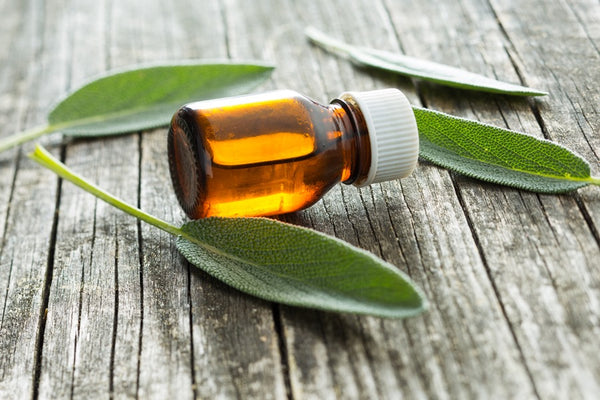
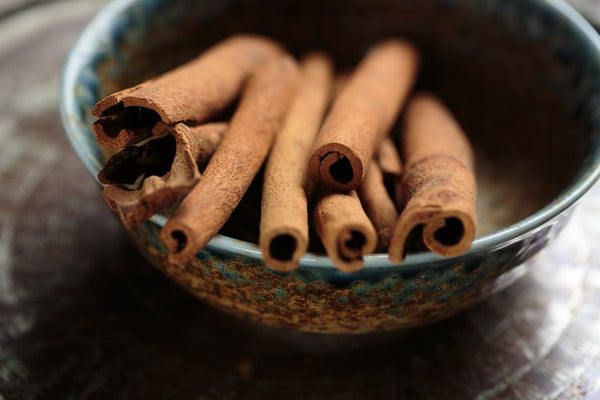
Aloe vera is highly moisturizing for the skin. However, what makes it good for acne-prone skin is that it has soothing properties that get aids in skin repair. You can use it to prevent inflammation and heal acne. It contains amounts of salicylic acid, which helps control oil production of the skin.
Take a small amount of pure organic aloe vera and apply to skin directly. It works as a moisturizer and it absorbs well into the skin so you don’t have to worry about it making skin feel oily.
Best Tips to Prevent Acne
Don’t wait for acne to get worse before treating it. There are simple and easy ways you can do to prevent acne. These tips help protect skin from acne and prevent further damage from happening:
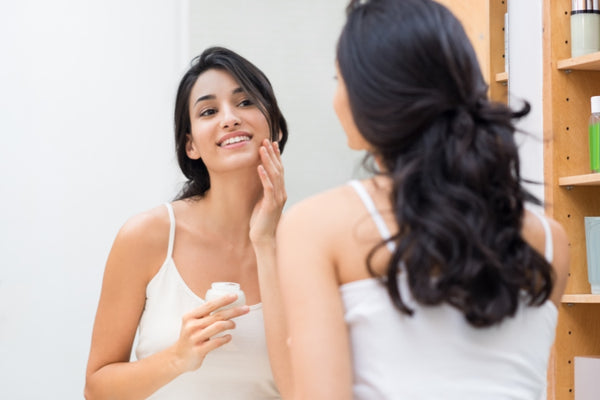
- Exfoliate once a week with gentle products. It helps remove dead skin cells to prevent them from clogging the pores. They help stimulate the skin and minimize pores.
- Moisturize your skin using formulas that are light and fast-absorbing. Moisturizing your skin controls oil production to keep your skin smooth.
- Always use sunscreen to prevent sun damage. Exposure to harmful UV rays can speed up the deterioration of skin. Don’t forget sunscreen before you leave your house.
- Avoid oil and petroleum in cosmetics. These ingredients can clog your pores. Makeup is an everyday product
- Treat your skin gently and avoid scrubbing or picking on the skin. This will prevent the bacteria and other impurities from burrowing deeper into the skin.
- Let your skin breathe by wearing loose and comfortable clothing. Whether the acne is on your back, chest, shoulders, or face, don’t cover them with tight clothing or caps. It is also important to wear clean clothes.
- Eat healthily, sleep well, drink plenty of water, and remember to de-stress. A healthy body and mind show a beautiful and clear skin. Having a healthy lifestyle is the best way to keep your skin radiant and youthful.
- Use safe razors or shavers to prevent irritation. You can use oils to soften the hair and your skin before you apply shaving cream. It will help reduce damage caused by shaving. For men, you can use beard oil to soften hair and skin. It helps condition skin and reduces damage to skin and follicles. Here are natural oils you can use for beard care.
The health of your skin depends on how well you understand it. Follow these easy tips and make sure to treat your acne effectively. You don’t have to live with acne. There are effective solutions that can control acne. Get blemish-free skin and feel confident again!





